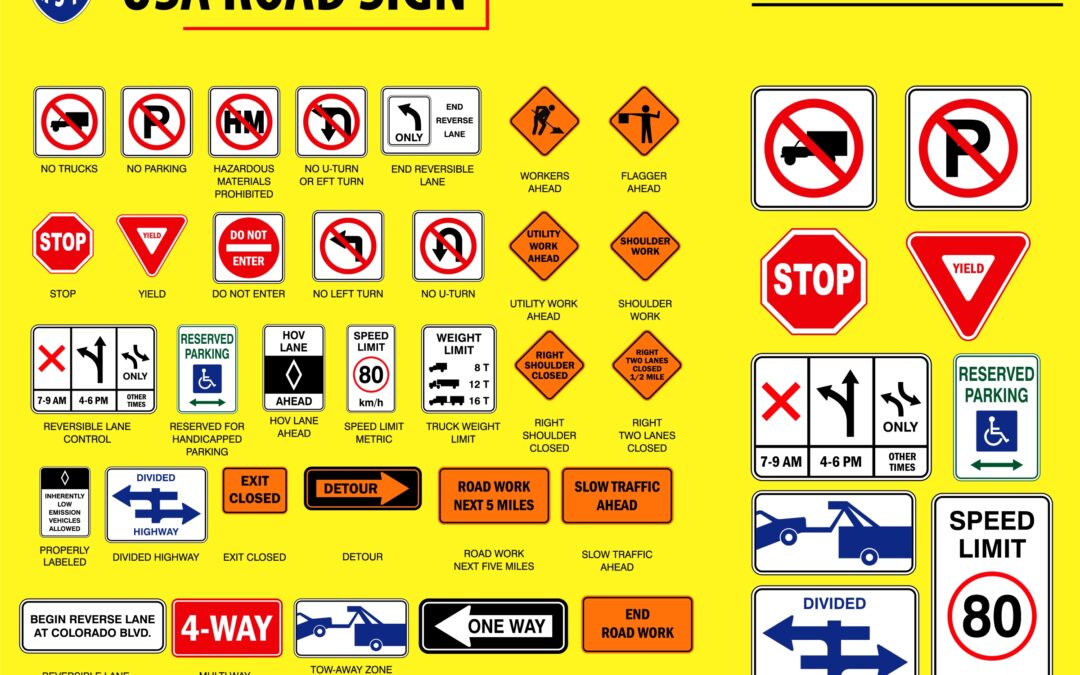English language proficiency is essential for trucker drivers. Effective communication skills ensure the driver’s and others’ safety on the road. The Federal Motor Carrier Safety Administration has set English Language Proficiency requirements for commercial motor vehicle drivers in the United States.
Discussion Points:
- The 2007 Driver Qualification Standard (49 CFR 391.11).
- The 2016 Policy Memorandum on “English Language Proficiency Testing and Enforcement Policy.”
- The 2025 Presidential Executive Order titled “Enforcing Commonsense Rules of the Road for America’s Truck Drivers.”
Discussion:
Truck drivers are required to demonstrate English language proficiency (ELP). They must be able to:
- Speak and understand English to effectively communicate with other drivers, law enforcement officers, and emergency responders.
- Read, understand, and respond to critical information conveyed through road signs, traffic signals, and radio communications with other drivers and dispatchers.
- Write in English to complete paperwork, logbooks, and incident reports.
In April 2015, the Federal Motor Carrier Safety Administration (FMCSA) canceled its 2007 policy that instructed inspectors to cite drivers and motor carriers for violations of 49 CFR 391.11 (b) (2). This change followed President Obama’s dismissal of ELP requirements for commercial motor vehicle (CMV) drivers.
On June 15, 2016, FMCSA issued a policy memorandum titled “English Language Proficiency Testing and Enforcement Policy.” This memorandum guided FMCSA personnel in conducting safety investigations, audits, and inspections of CMVs and their drivers. The policy eliminated the requirement to place drivers out of service for ELP violations. It revised the agency’s standards for determining non-compliance with the ELP requirements specified in 49 CFR 391.11 (b) (2).
On April 28, 2025, President Trump issued the Executive Order “Enforcing Commonsense Rules of the Road for America’s Truck Drivers,” This order rescinded the 2016 guidance document and provided new enforcement guidance for FMCSA to ensure adherence to the requirements of 49 CFR 391.11 (b) (2).
A new policy will take effect on June 25, 2025, highlighting the importance of English proficiency among truck drivers. The new policy mandates that all Federal and State inspectors enforce 49 CFR 391.11 (b) (2) violations as part of the North American Standard Out-of-Service criteria. This regulation requires CMV drivers to read, write, and speak English well enough to communicate with the public, understand highway traffic signs and signals, respond to official inquiries, and complete reports and records.
FMCSA believes that increased enforcement and the consequence of placing a driver out of service, rather than merely citing them for a violation, will enhance safety. Inadequate enforcement of driver qualification standards poses significant safety risks and heightens the likelihood of accidents.
This policy is effective immediately. All Federal inspectors must begin enforcing this policy for all commercial motor vehicle drivers entering and operating within the United States. If a driver is deemed unqualified under 49 CFR 391.11 (b) (2), they must take all necessary actions to initiate disqualification.
FMCSA notes that on May 1, 2025, the Commercial Vehicle Safety Alliance voted to include 49 CFR 391.11 (b) (2) violations in the North American Standard Out-of-Service criteria, effective June 25, 2025. Once implemented, this policy will allow for uniform enforcement by Federal and State inspectors.
As always, stay safe out there!


Recent Comments